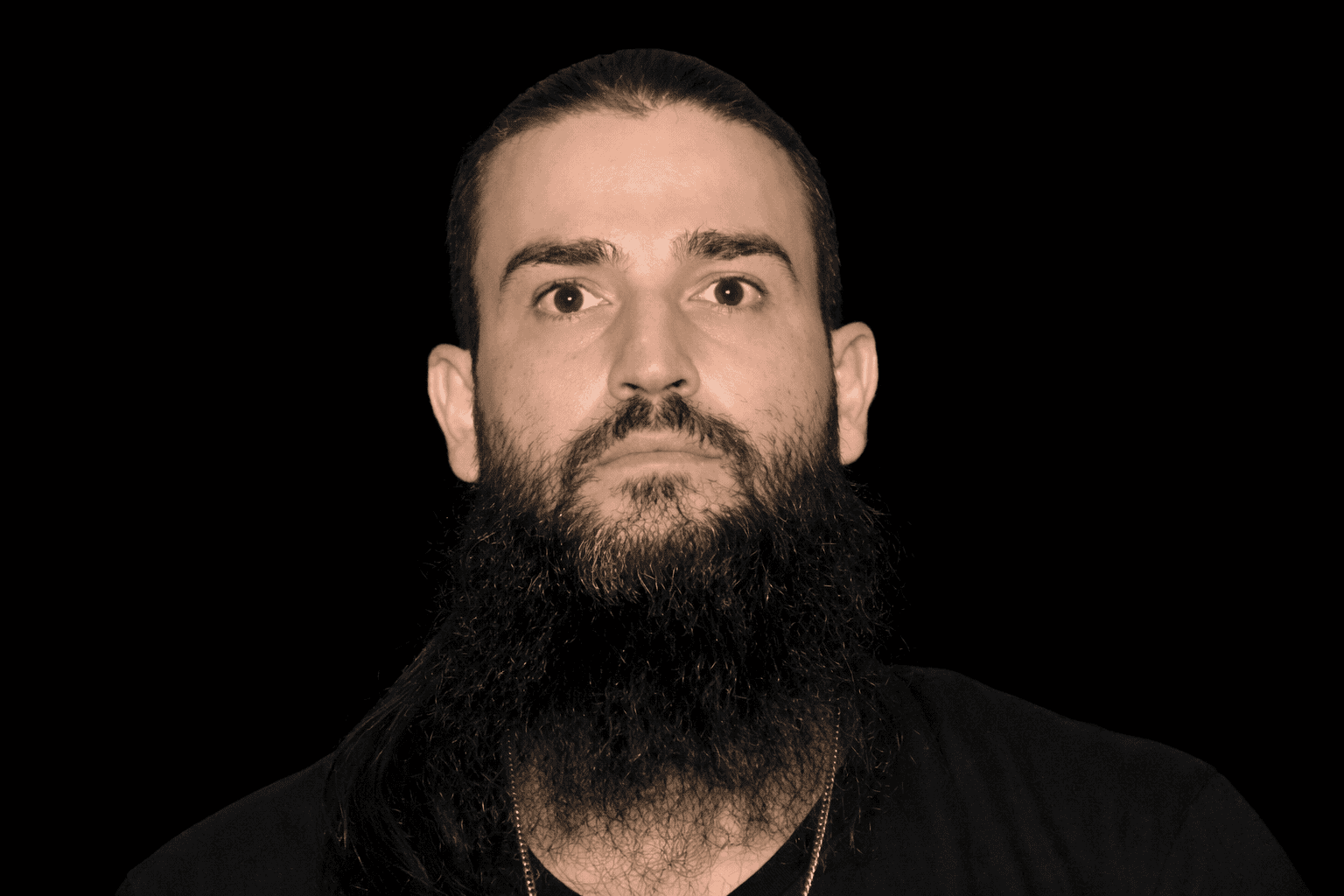Foggy Terrain
With recent deaths attributed to vaping, SNJ Today talks with a pulmonologist and the coordinator of Inspira Health’s Quit Center. Part 1 of 2.

On September 6, federal health officials confirmed there was a fifth death associated with an inexplicable illness associated with vaping. The latest person to succumb to this perplexing illness was a middle- aged man who, according to the Los Angeles Times, lived in Los Angeles County.
U.S. Health officials, including the Centers for Disease Control and Prevention (CDC), on Friday, implored citizens to cease smoking vaping devices until they can get a handle on why a sudden spurt of debilitating and sometimes fatal incidents have occurred to those who vape.
Even well-known physician Dr. Mehmet Oz, according to an article by Joshua Nelson for Fox News, said, “I told my family this: Don’t vape until we figure out what this is.”
As of presstime, there have been more than 450 possible vaping-related lung illnesses spanning 33 states.
According to an article written by WebMD contributor Kathleen Doheny, Dana Meaney-Delman, MD, the incident manager for the CDC 2019 Lung Injury Response Group, said, “So far, the cases all involved the use of electronic or e-cigarettes to vape nicotine, THC, CBD, or a combination. Most cases reported are in teens or young adults, although the reports also include middle-age and older adults.”
Due to the surging numbers, Michigan Governor Gretchen Whitmer declared the state would ban the sale of flavored e-cigarettes for six months while also, according to a Rolling Stone article written by EJ Dickson, “prohibit billboard advertising for e-cigarettes and marketing that uses such terms as ‘safe’ or ‘healthy.’ ”
Officials with e-cigarette companies, such as Juul, have long stated that vaping will, in effect, help wean smokers off traditional cigarettes and that it’s a safer and healthier alternative than smoking Marlboros, Newports, Virginia Slims, etc.
As for the Garden State, in a September 5 article written by Tom Davis for patch.com, “Dawn Thomas, a New Jersey Department of Health spokeswoman, said her office has discovered at least 15 cases of illnesses possibly connected to vaping. The age range involves people who are 17 to 45 years old, living in the central and northern regions of the state.”
SNJ Today had the opportunity to talk to Donald Noblett, Inspira Health Quit Center program coordinator, and Dr. Gregory Breen, pulmonary physician with Inspira Medical Group Pulmonary Associates, about this current health scare.
SNJ Today: What are the health risks and/or negative effects associated with vaping?
Dr. Breen: The long-term health risks are unknown at this point. More study is required. But, there is preliminary evidence that vaping can result in severe pulmonary complications, including respiratory failure, and death.
Noblett: [Vaping] can lead to … pulmonary diseases—one’s called popcorn lung. They call it popcorn lung because it’s the same chemical that’s in the popcorn butter in movie theaters and individuals who work in movie theaters, who have long-term exposure, have had respiratory issues.
(Note: According to webmd.com, “The chemical that gave this condition its nickname is diacetyl. After workers at a factory that packaged microwave popcorn were found to have bronchiolitis obliterans more often than other people, some companies stopped using diacetyl as a flavoring. But it’s still used in some electronic cigarette flavors in the U.S. Many e-cigarette makers state they aren’t using this chemical in their products and its use in e-cigarettes is banned in Europe.”)
SNJ Today: Are there any other kinds of physical ailments or complications that people experience because of vaping?
Dr. Breen: There have also been reported cases of another pulmonary condition called eosinophilic pneumonia. Also, vaping may lead to the formation of known carcinogens, including formaldehyde.
Noblett: The pulmonary diseases that we’re seeing with these recent ER visits is the most eye-catching. [Also], we’re seeing, anecdotally, the people whose vapes have exploded. The e-liquids specifically, a lot of them aren’t childproof and if you have e-liquid exposure to your skin—even a small amount for a baby or a toddler can be fatal because it’s not meant to be absorbed in the skin … there’s been an increase in poison control calls as a result.
 SNJ Today: According to several news sources, doctors aren’t sure about the genesis of these vape-related illnesses. Do you have any thoughts or theories on where these illnesses originated?
SNJ Today: According to several news sources, doctors aren’t sure about the genesis of these vape-related illnesses. Do you have any thoughts or theories on where these illnesses originated?
Dr. Breen: It is unclear if this complication can occur as a result of using commercial vape products or only with products that have been altered or adjusted after purchase. Also uncertain is whether it occurs with use of nicotine or with THC or both.
Noblett: I think it’s significant that there’s vaping related to all [the illnesses and deaths]. It’s not necessarily surprising, it’s just sad that it’s happening this quickly and at this rate.
SNJ Today: Why do you think all these possible vaping-related illnesses are occuring now?
Noblett: It’s the access, the number of vape shops and availability has increased. And if someone is making their own home brew or black market nicotine e-liquid, there’s no way to control or really know what’s in that. So, there’s more research to come.
SNJ Today: When vaping came into existence, did you, as a doctor, anticipate that there would be health issues associated with this form of smoking? If so, can you share with our readers what your thoughts were at the time?
Dr. Breen: I have to admit I was surprised by the explosion in e-cigarette use. Many of my adult patients who initially tried vaping products when first released felt that the products “tasted funny” or were “not strong enough.” But, e-cigarette companies adjusted, and made the products more coercive toward young non-smokers. The newer products were then allowed to proliferate in the market without appropriate government regulation or monitoring. The recent deaths associated with vaping are therefore shocking, but perhaps not surprising.
SNJ Today: Has anyone from the Cumberland County area come to Inspira recently with vaping related health issues?
Dr. Breen: Not to my knowledge.
Noblett: Not that I’m aware of. Quit Center often works with individuals who vape.
SNJ Today: What is the Quit Center?
Noblett: [We are] one of 11 Quit Centers across the state funded through the New Jersey Department of Health and the Office of Tobacco Control, Nutrition and Fitness … we serve Salem and Cumberland county residents that are trying to stop using any tobacco products. It’s a free program.
SNJ Today: Is there anything positive about vaping as opposed to smoking cigarettes?
Dr. Breen: Vaping can be used by regular cigarette smokers as a transition to quitting. I have seen patients successfully quit with the use of e-cigarettes, by progressively decreasing nicotine content. (SNJ Today queried Dr. Breen whether he’s seen patients quit tobacco only or quit tobacco and e-cigarettes. His response was it’s rare, but he has seen people use e-cigarettes to quit traditional cigarettes, and in a few instances, quit both tobacco and e-cigarettes).
Noblett: I think that the research isn’t there yet to give an accurate answer of if it’s going to be a positive thing. So far, we’ve seen there’s over three and a half million teens using these vapes and nothing about that is positive.
SNJ Today: In the past, cigarette companies have been accused of unscrupulously targeting minors in an attempt to get them addicted to their nicotine products. Do you think these vaping companies, like Juul, are doing the same thing?
Dr. Breen: It seems clear that adding flavors, such as bubblegum and candy, is a direct attempt at luring young people into using the vaping products. Therefore, in my opinion, these flavors, with the exception of menthol, which is preferred by current adult smokers, should be banned or restricted.
SNJ Today: What would you say to anyone vaping now?
Noblett: I’d love to have a conversation about the risks that we know and kind of understand their reasoning why, and see if they’re interested in getting help to quit.
Dr. Breen: I would suggest that any person using, or thinking about using a vape product should discuss it with their medical provider. Being informed about the possible adverse health effects is essential in helping to prevent the cycle of addiction.
SNJ Today: Is there anything else you’d like to add that we haven’t discussed in this interview?
Dr. Breen: Overall, I just want to emphasize that electronic cigarettes, like conventional cigarettes, are highly addictive, and potentially harmful. They should be used with caution. They should be regulated. And the general public, especially those under the age of 21, should be educated about the potential health risks incurred with their use.
Noblett: I think it’s worth saying, as far as Quit Centers go, so much of this is more to come as far as research and what science is saying and what is best practice to help someone who’s vaping … We do group counseling sessions over the course of six weeks, and we have seen people who are quitting traditional cigarettes and vaping [and] at the same time getting that social support and then having an individualized quit plan. Individuals, who, if they started to vape and they wanted to quit traditional cigarettes, but now they’re hooked on [vaping] instead, there’s free available help for you [at the Quit Center].
(For more information about the Inspira Quit Center, visit inspirahealthnetwork.org/quit-center or call 856-641-8633.)
In Part 2 of this article, to be printed in next week’s edition of SNJ Today, we will present opposing viewpoints on the topic of vaping.











